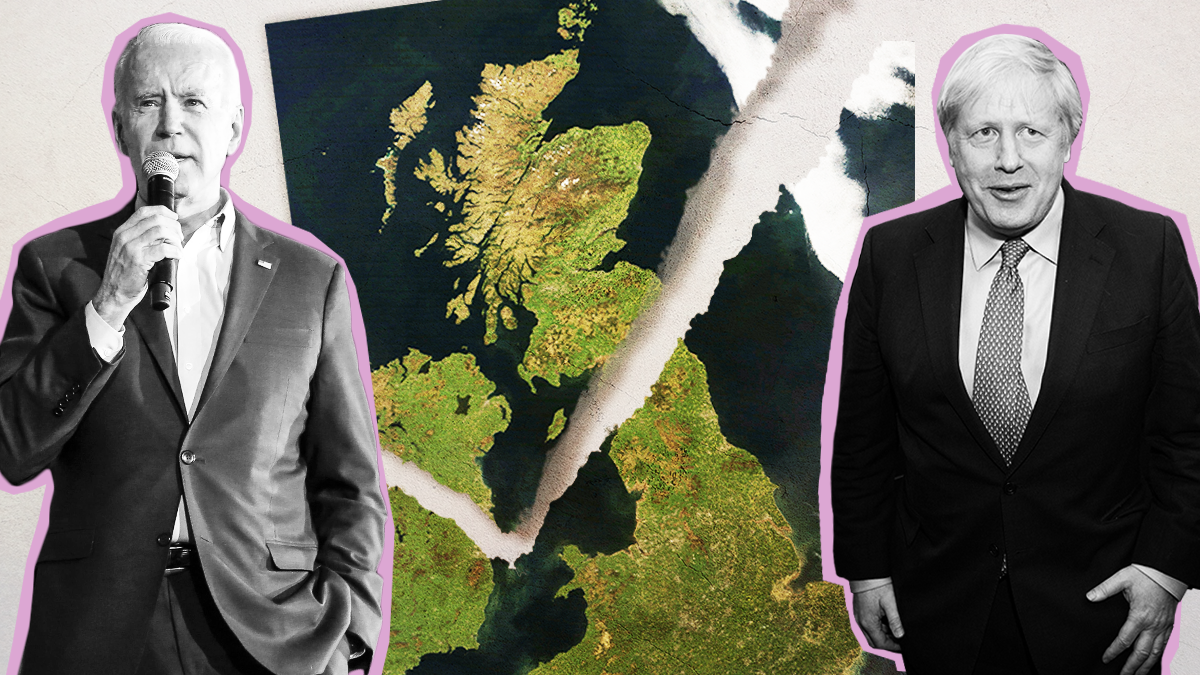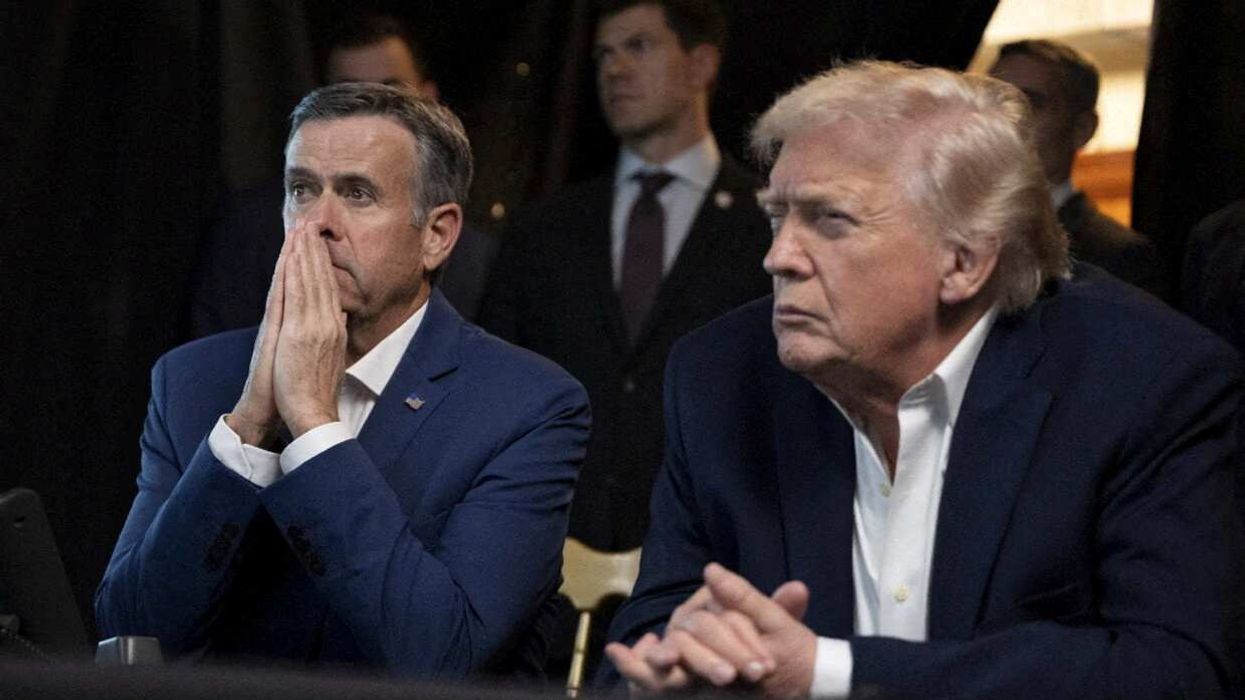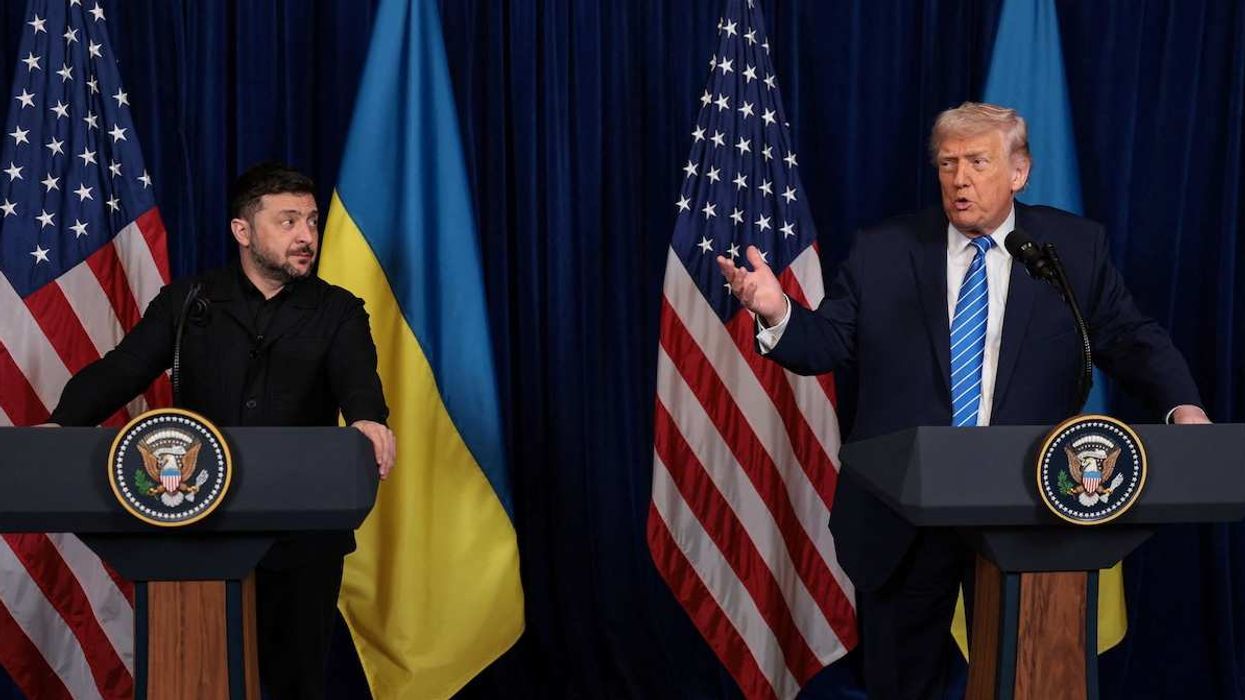On January 1, the United Kingdom will leave the European Union, and the process of Brexit will (finally!) be complete. But with just seven weeks to go, the future of their relationship after the formal break remains very much in doubt, particularly when it comes to trade.
UK and EU negotiators have been working for months toward a free trade agreement, but big disagreements remain. The stakes are high, particularly for Britain. Today, nearly half of British trade is with the European Union, and without a deal, the EU can impose tariffs, quotas, and other barriers on British imports that would drive up costs for British companies and consumers.
Time is running out. If there's going to be a deal, it will probably have to come within the next week, because whatever they agree will need approval by British lawmakers and the EU parliament before January 1.
Major sticking points range from "level playing field" rules—Europe's demand that Britain not adopt labor, environmental, taxation and other rules and standards that undermine the competitiveness of EU companies—to how many fish European fishermen are allowed to catch in British waters.
So far, Prime Minister Boris Johnson has played hardball with EU negotiators. His message: We can live very well thank you without an EU deal. He's even threatened to break international law by scrapping an earlier EU-UK agreement that would maintain the current soft border between the Republic of Ireland (an EU member) and Northern Ireland (part of the UK).
But the US election outcome has suddenly made things harder for Johnson. His hardline approach was more credible when it appeared Donald Trump might win re-election, because Trump had pledged to forge a US-UK trade agreement. Linking the UK more closely to the world's largest single economy gave Johnson leverage with Brussels. But President-elect Joe Biden has made clear that he opposes any move to harden the Irish border and will not cut a trade deal unless Johnson backs down on that position.
Biden's victory, therefore, has weakened Johnson's bargaining position with the EU—and negotiators on both sides of the English Channel know it. The EU side of the table has presented a united front. As European Central Bank President Christine Lagarde told GZERO Media in September, "All members of the European Union have stayed together throughout these last three years. And I don't see any trace of them coming apart."
Johnson also faces intense pressure from members of his own party not to concede too much to the EU, many of them already frustrated with Johnson over his handling of COVID-19 and lockdowns.
The danger for Johnson of alienating Biden, who is intent on improving US relations with Europe, is real and could help drag a UK-EU deal across the finish line. Post-Brexit, a UK wracked by pandemic and its economic fallout can't afford sour relations with the US and EU at the same time.
What will Johnson do? Between the EU's demands, Biden's, and those of hardliners within his own party, Johnson will now have to compromise somewhere – and time is running out.


















